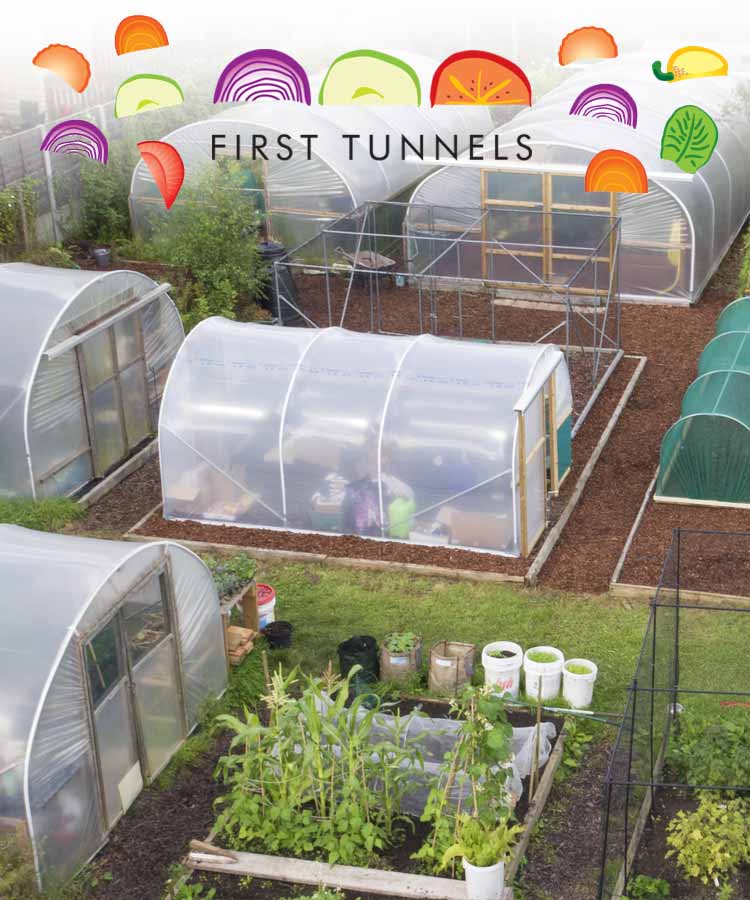If you are already an established polytunnel gardener then you will know that caring for the soil in your polytunnel is one of the most important things for a successful harvest. One important component of caring for and improving the soil is making sure that there is plenty of organic matter. Developing a soil with good structure and nutritional content is important if you wish to gain a good yield from your polytunnel.
How best to incorporate nutrients and organic matter in your polytunnel will depend in part on where you live, as well as on what materials are available. Which materials are best will also depend, in part, on what exactly you wish to grow in your polytunnel. At some point, many organic gardeners will turn their attentions to a rather mucky subject – the power of poo. A number of different animal manures are often amongst the most effective options for adding humus and nutrients to your polytunnel garden.
Manures are one of the ultimate waste-not-want-not garden boons. But unless you keep livestock yourself, you may be wondering how to get your hands on the good stuff. Country dwellers can often find manure – often given way for free – from farms or stables. City folk, however, will often have to be a bit more inventive. Still, even in a city, manure is often freely available and there is more of it to go around than you may imagine. Zoos, pet shops, pet owners, pigeon fanciers – all these can be potential sources of free manure for your polytunnel garden. Keep your eyes and mind open and you will see potential poo piles everywhere!
The manure of any herbivore should be considered. Horse manure is said to be one of the best fertilisers around, though rabbit droppings are also said to be better in terms of nutrient content than farmyard manures, and other small pets droppings can also be used. If you or anyone you know keeps chickens then these can be a good source of manure. Pigeons also produce an excellent nitrogen rich manure which leafy plants will love. While the nitrogen, phosphorus, potassium content will vary depending on which manures you are able to source, almost any herbivore manures can be extremely useful in your polytunnel.
All the manures you source should be rotten down before they are used, and are best spread on top of your soil early in the spring, about three weeks before planting. Do not add fresh manure next to plants or the high concentration of nitrogen may scorch young seedlings.
Use manure in your polytunnel and come harvest time, you will see the amazing power of poo!
